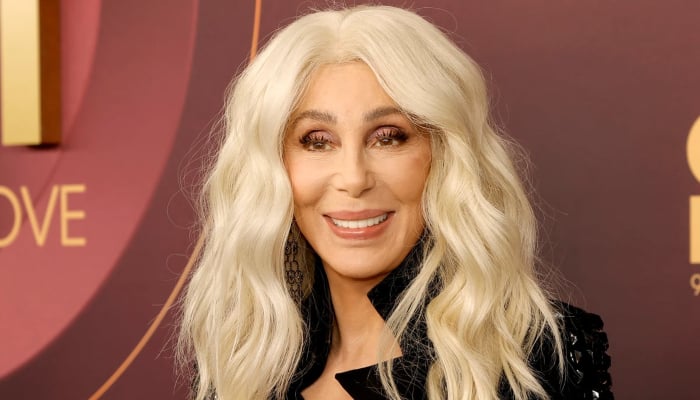

TOKYO - Tokyo Governor Yuriko Koike is certain to win a third consecutive term in Sunday’s gubernatorial election, according to exit polls. The 71-year-old first female governor of Japan’s most populous city, will secure her position for another four years.
Her victory will be a relief for struggling Prime Minister Fumio Kishida and his Liberal Democratic Party (LDP), who backed the 71-year-old to win a third term.
She was elected in 2016, and won her second term in 2020. The conservative governor successfully guided the city through the coronavirus pandemic and its delayed summer Olympics in 2021.
Japan’s tumbling fertility became a major issue during this campaign, and the victorious candidate will now have to work hard to improve Tokyo’s shockingly low birth rate. At 0.99 - less than one child per woman aged between 15 and 49 - it is the lowest of any region nationwide.
Her appointment makes her one of the most powerful women in Japan’s male dominated politics – with Tokyo accounting for about 11% of the population and contributing to nearly 20% of the country’s total GDP.
It also puts her in charge of the city’s budget – which climbed to a staggering 16.55 trillion yen ($100bn; £80bn) this fiscal year.
Ms Koike, 71, got more than 40% of the vote according to Reuters. Declaring victory, Ms Koike said her main challenge was “how to proceed with digital transformation as industries have changed significantly.” She said she would consolidate efforts to keep improving Tokyo, including “the environment for women’s empowerment”, which she said was “insufficient [in Japan] compared to other parts of the world.”
Unexpectedly, Shinji Ishimaru, 41, an independent candidate and the former mayor of Akitakata, a town in Hiroshima prefecture, placed second, a position that was long thought to be guaranteed for Renho Saito.
Ms Renho, 56, supported by the Constitutional Democratic Party of Japan (CDPJ), came in third.
Mr Ishimaru, was relatively unknown in Tokyo before the official campaign began. During the election campaign, he focused on boosting his profile by reaching out to his large social media following.
Mr Ishimaru’s success is thought to be down to his appeal among young voters. As a former banker, he also focused on advancing the economy and industry of Tokyo.
After the polls closed, he told his supporters, “I did all I could”, alluding to the fact that he had no particular party affiliation, unlike the two main contenders.












